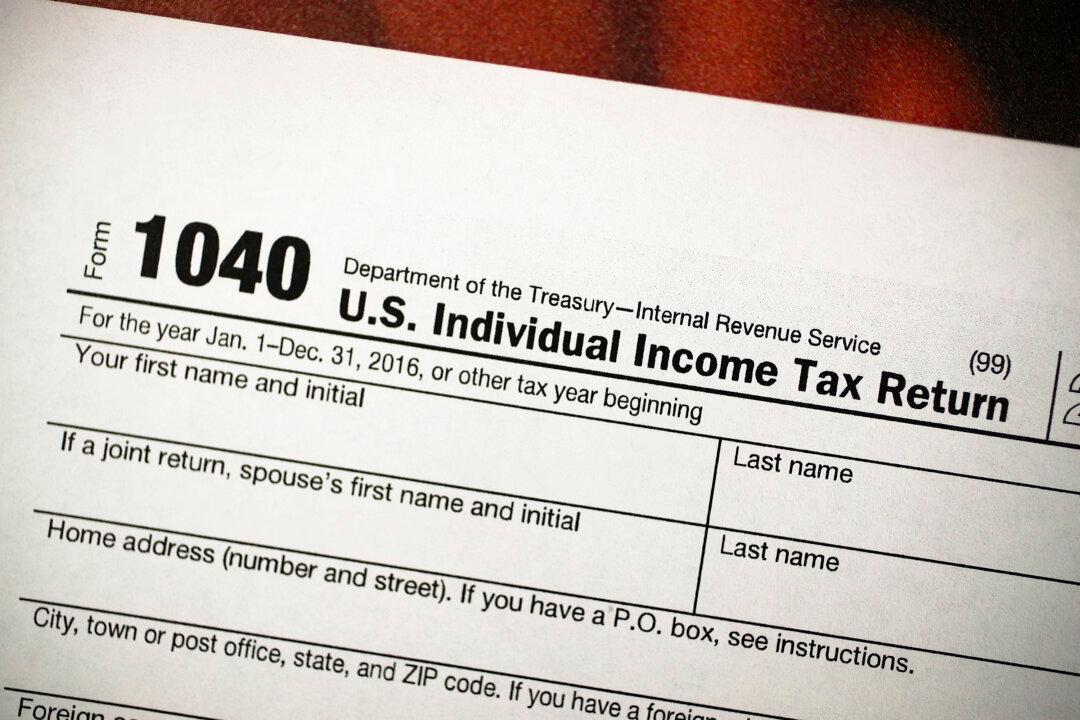The Internal Revenue Service (IRS) on Thursday issued a reminder to millions of Americans that they face a mid-June deadline to file their taxes.
Tax deadlines for counties in seven states were extended to June 17 after the Federal Emergency Management Agency declared disasters due to natural disasters or similar incidents.





